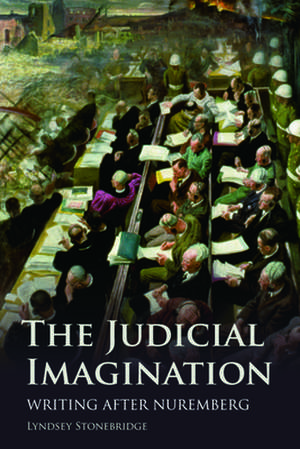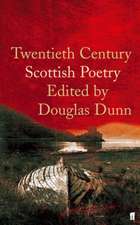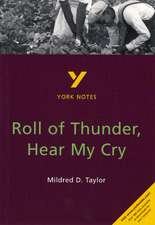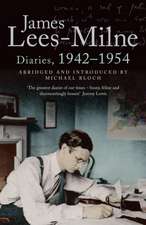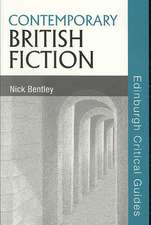The Judicial Imagination
Autor Lyndsey Stonebridgeen Limba Engleză Paperback – 29 mai 2015
| Toate formatele și edițiile | Preț | Express |
|---|---|---|
| Paperback (1) | 159.53 lei 3-5 săpt. | +34.39 lei 7-13 zile |
| EDINBURGH UNIVERSITY PRESS – 29 mai 2015 | 159.53 lei 3-5 săpt. | +34.39 lei 7-13 zile |
| Hardback (1) | 551.90 lei 6-8 săpt. | |
| EDINBURGH UNIVERSITY PRESS – 31 iul 2011 | 551.90 lei 6-8 săpt. |
Preț: 159.53 lei
Preț vechi: 178.99 lei
-11% Nou
Puncte Express: 239
Preț estimativ în valută:
30.55€ • 31.48$ • 25.59£
30.55€ • 31.48$ • 25.59£
Carte disponibilă
Livrare economică 01-15 februarie
Livrare express 18-24 ianuarie pentru 44.38 lei
Preluare comenzi: 021 569.72.76
Specificații
ISBN-13: 9780748691258
ISBN-10: 0748691251
Pagini: 177
Ilustrații: black & white illustrations, figures
Dimensiuni: 155 x 231 x 15 mm
Greutate: 0.34 kg
Editura: EDINBURGH UNIVERSITY PRESS
ISBN-10: 0748691251
Pagini: 177
Ilustrații: black & white illustrations, figures
Dimensiuni: 155 x 231 x 15 mm
Greutate: 0.34 kg
Editura: EDINBURGH UNIVERSITY PRESS
Notă biografică
Cuprins
Introduction; Gathering Ashes: The Judicial Imagination in the Age of Trauma; Part One: Writing After Nuremberg; Chapter One: 'An event that did not become an experience': Rebecca West's Nuremberg; Chapter Two: The Man in the Glass Booth: Hannah Arendt's Irony; Chapter Three: Fiction in Jerusalem: Muriel Spark's Idiom of Judgement; Part Two: Territorial Rights; Chapter Four: 'We Refugees': Hannah Arendt and the Perplexities of Human Rights; Chapter Five: 'Creatures of an Impossible Time': Late Modernism, Human Rights and Elizabeth Bowen; Chapter Six: The Dark Background of Difference: Love and the Refugee in Iris Murdoch; Bibliography.
Recenzii
Stonebridge eloquently addresses a dilemma at the heart of the judicial imagination--the tension between law and poetic justice, traumatic history that resists comprehension and the ethical testimony of literature. -- Mary Jacobus, Professor of English, University of Cambridge Analyzing disciplinary and stylistic practices among such thinkers as Arendt, West, Spark, and Gellhorn, The Judicial Imagination fully matches the rigor, moral authority, and observational acumen of its subjects. This is an important and unusually enriching study. -- Michael Steinberg, Keeney Professor of History and Director, Cogut Center for the Humanities, Brown University Stonebridge eloquently addresses a dilemma at the heart of the judicial imagination--the tension between law and poetic justice, traumatic history that resists comprehension and the ethical testimony of literature. Analyzing disciplinary and stylistic practices among such thinkers as Arendt, West, Spark, and Gellhorn, The Judicial Imagination fully matches the rigor, moral authority, and observational acumen of its subjects. This is an important and unusually enriching study.
